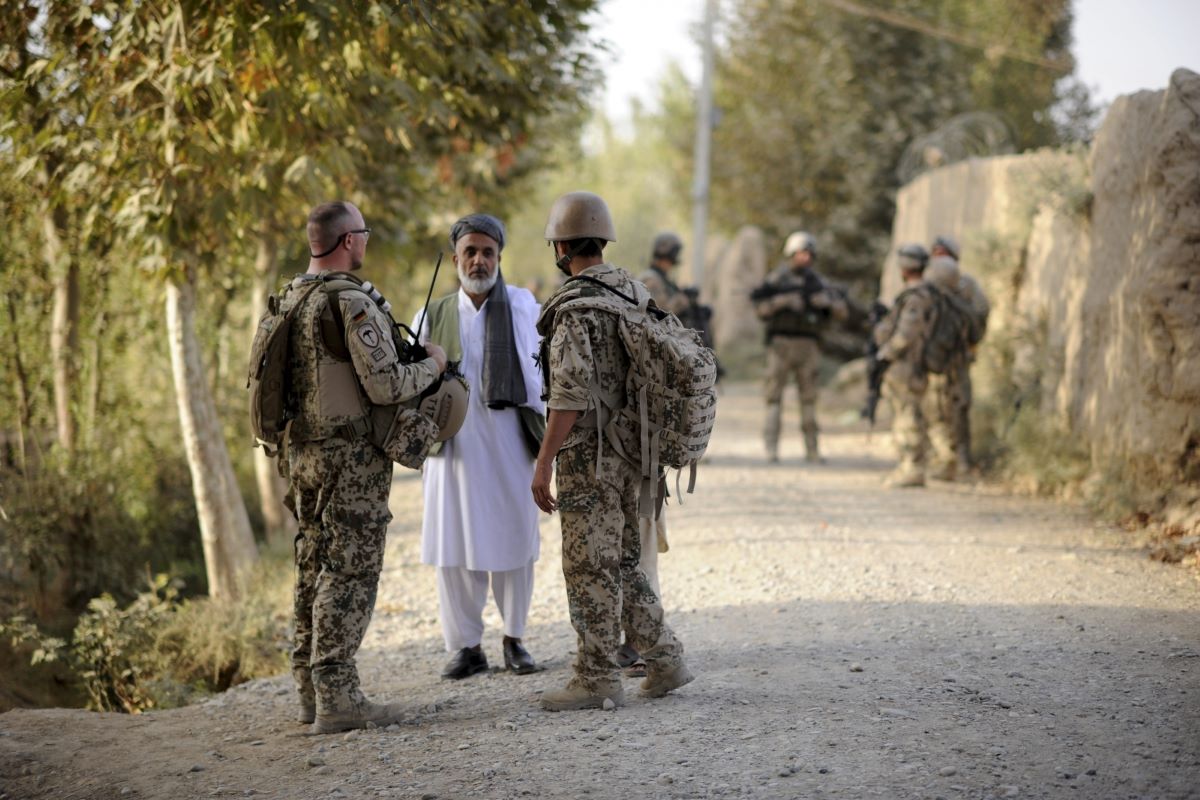Once US and NATO forces depart Afghanistan, the US spies have to rely more on technology and their allies in the Afghan government to stymie terrorist attacks as it faces an increasingly uncertain future.
“You may not be blind, but you’re going to be legally blind,” said Rep. Mike Waltz, a Florida Republican and Green Beret who served in Afghanistan.
Advertisement
But that withdrawal after the two-decade long war comes with many uncertainties as a resurgent Taliban captures ground and fears mount that the country could soon fall into civil war.
The US is still working on agreements to base counterterrorism forces in the region and evacuate thousands of interpreters and other Afghans who helped the American war effort.
CIA Director William Burns testified in April that fighters from al-Qaida and the Islamic State group are still operating in Afghanistan and “remain intent on recovering the ability to attack US targets.”
“When the time comes for the US military to withdraw, the US government’s ability to collect and act on threats will diminish. That’s simply a fact,” Burns said. He added that the CIA and other U.S. agencies “retain a suite of capabilities” to monitor and stop threats.
Burns made a secret visit to Afghanistan in April and reassured Afghan officials that the US would remain engaged in counterterrorism efforts, according to two officials familiar with the visit.
The CIA has had a role in Afghanistan for more than 30 years, dating back to aiding rebels fighting the Soviet Union from 1979 to 1989.
During the US war, it is said to have carried out strikes against terror targets and trained Afghan fighters in groups known as Counter Terrorism Pursuit Teams. Those teams are feared by many Afghans and have been implicated in extrajudicial killings of civilians.
Washington has long struggled to gather intelligence even from its allies in Afghanistan. In the early years of the conflict, the US was drawn into rivalries that resulted in targets that were driven by score-settling among factions in the country.
Retired Lt. Gen. Robert Ashley, who led the Defense Intelligence Agency from 2017 to 2020, said US authorities may be able to replace some of their lost footprint with intercepted communications as well as publicly available information posted online, particularly with the growth of cellphone networks compared with the 1990s.
“We shouldn’t discount their ability to understand their ground truth,” said Ashley, now an adjunct senior fellow at the Center for a New American Security.
“When you don’t have boots on the ground, it’s certainly more challenging, but we have capabilities and things that allow us to meet that challenge. It just becomes a little more difficult,” said Rep. Jason Crow, a Colorado Democrat and former army ranger who had served in Afghanistan.
Senior US officials have said the administration plans to carry out an evacuation later this summer but has not settled on a country or countries for what would likely be a temporary relocation.
Failing to protect Afghans waiting for visas could have “a huge chilling effect on people working with us going forward,” Waltz said.
Colin Clarke, director of policy and research at the Soufan Group, said he expected the Taliban to continue harboring al-Qaida and worried of a possible insurgency that could embolden extremists and become a regional conflict similar to what happened in Iraq after the American withdrawal there.
“I want us to pull out of Afghanistan in theory and be safe,” he said. “That’s just not from my analysis what’s going to happen.”











